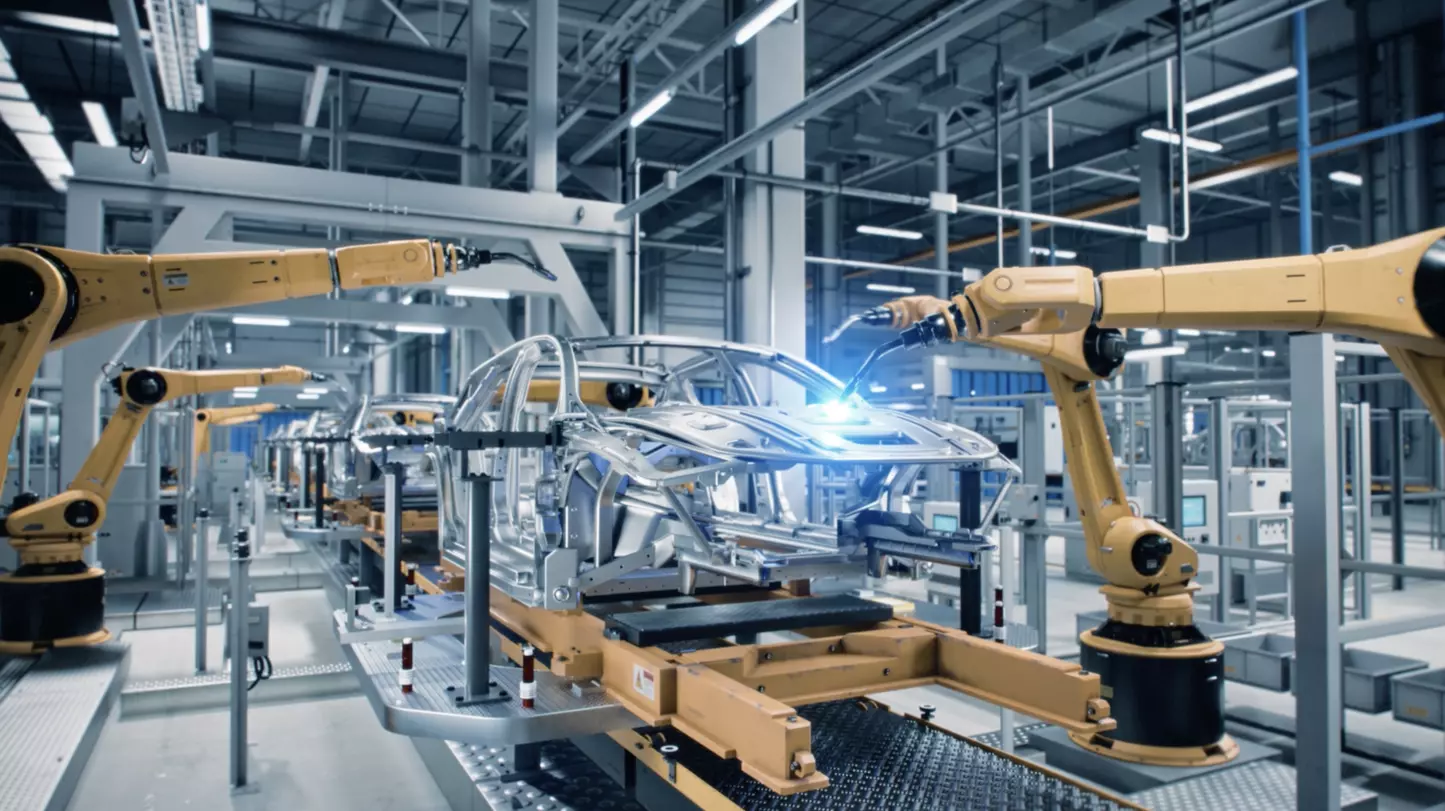Today, electrification stands at the center of major changes, especially in the transportation sector. Electric cars are shown to be on the rise, especially in China, Europe, and America. In fact, Europe has seen a 62,4% increase in electric car registrations in July 2023 (data from Acea, the European Automobile Manufacturers’ Association). Also, it has been predicted that by 2040 electric cars on the roads will reach 730 million, according to the Electric Vehicle Outlook 2023 report, published by Bloomberg NEF.
The prominence that electric vehicles (EVs) have gained can be seen as demonstrating their many advantages: the decrease in emissions, up to 55%, compared to a petrol car; the reduced need for oil, allowing the displacement of 1.5 million barrels, equal to 3% of fuel demand. This situation highlights how the use of electric cars has a sustainable implication, with less environmental impact. In addition, while the full refueling of a petrol car with a 50-liter tank costs nearly 100 euros, recharging an electric car at designated stations has the average cost of 24 euros and allows an autonomy of about 3,000 km.
The next steps involve technology of charging stations, at the heart of the transition to green energy. At the end of 2022, there were 448,000 charging points in Europe, of which 14% are "fast charge" (a fraction growing +63 percent, compared to 2021, Smart Mobility Report data from Politecnico di Milano), with charging power greater than 22 kWh. Indeed, one of the main problems, which needs to be solved, is the long waiting time for charging, which takes two to four hours. Three new projects are being developed by the industrial research, to make refueling faster, through technologies that change the concept of "charging" and could significantly accelerate the spread of sustainable mobility by improving the travel experience of drivers with an electric car: dynamic wireless charge, battery swapping and solid-state batteries.
The dynamic wireless charge allows electric vehicles to be recharged while on the move, without the need to stop, thanks to a roadbed equipped with an infrastructure which takes advantage of the principle of electromagnetic induction. Numerous projects are under development: Sweden is building the world's first permanently electrified highway, and plans to extend a network of such roads for about 3 thousand kilometers. In addition, a similar project belongs to Israeli company Electreon: "Charge as you drive" will be France's first two-kilometer stretch of French highway enabled for wireless charging of electric vehicles, capable of supporting even heavy transport vehicles. In fact, a study by the French government showed that, by implementing the project, CO₂ emissions will be reduced by 86% compared to road freight transport with diesel vehicles. Thus, on the one hand, waiting times will be reduced to zero, and on the other, the decarbonization of the transportation sector is the ultimate purpose.
Battery swapping is a simple idea: swapping the out of power battery for a charged one. Several companies are already working on this project, such as the startup Ample and the Chinese company Nio, which has already opened 13 service stations in Norway, Germany, the Netherlands, Denmark, and Sweden, and plans to have 120 by the end of the year (there are already 2,300 in China), which are fully automatic and take only three minutes to swap batteries. A monthly subscription is required to use the service and batteries of the latest technology are guaranteed. In addition, battery swapping is already adopted in Italy for the company's XEV cars, which are also used for car sharing in Milan and Turin: just the time to have a coffee, and the battery has already been replaced. Finally, battery swapping technology will also be adopted for electric scooters, thanks to the agreement between Piaggio, Honda, Ktm and Yamaha, the Swappable batteries motorcycle consortium (Sbmc, to which also adhered Five and Ancma), to make lightweight electric vehicles and urban mobility more sustainable.
Solid-state batteries are among several important next-generation battery technologies entering the commercialization phase. Their special feature is the solid conducting electrolyte between the positive and negative poles, which in contrast is liquid in lithium batteries. This technology is already used in pacemakers and smartwatches, but innovative projects by Toyota and Nio are attempting to employ it in electric cars as well. In this way, the batteries will have more energy storage, faster charging, allowing the cars to travel longer distances.
